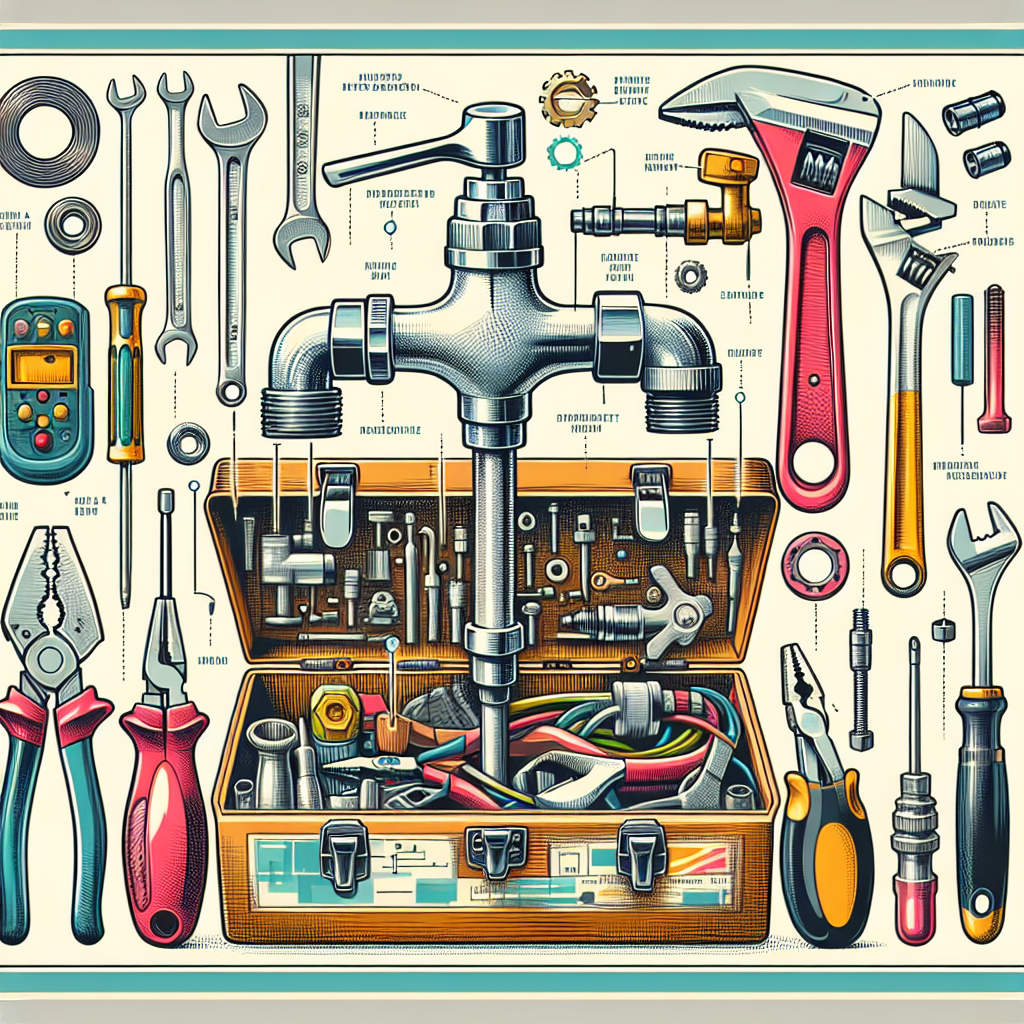Are you tired of dealing with a leaky faucet in your home? Faucet repair doesn’t have to be a daunting task. With a few simple tools and some basic knowledge, you can easily fix most common faucet issues on your own. In this article, we will provide you with some top tips for DIY faucet repair that will help you save time and money.
1. Determine the Type of Faucet
Before you start any repair work, it’s important to determine the type of faucet you have. There are four main types of faucets: cartridge, ball, compression, and ceramic disk. Each type requires a different approach to repair, so make sure you know what you’re dealing with before getting started.
2. Turn Off the Water Supply
Before you begin any repair work, make sure to turn off the water supply to the faucet. This will prevent any water from leaking out while you’re working on the repair and will make the process much easier.
3. Gather Your Tools
Make sure you have all the necessary tools on hand before you start repairing your faucet. Some common tools you may need include a screwdriver, wrench, plumber’s tape, and replacement parts if necessary.
4. Replace Faulty Parts
If your faucet is leaking, the most likely culprit is a faulty part such as the O-ring, washer, or cartridge. These parts are relatively inexpensive and easy to replace, so don’t be afraid to tackle the job on your own.
5. Clean the Faucet Regularly
Prevent future issues by cleaning your faucet regularly. Mineral deposits and debris can build up over time, causing the faucet to leak or function poorly. A simple cleaning with vinegar or a commercial cleaner can help keep your faucet in top condition.
Conclusion
DIY faucet repair doesn’t have to be intimidating. With the right tools and knowledge, you can easily fix most common faucet issues on your own. Remember to determine the type of faucet you have, turn off the water supply, gather your tools, replace faulty parts, and clean the faucet regularly to prevent future issues.
FAQs
Q: Can I repair my faucet without any prior experience?
A: Yes, many faucet repairs are simple enough for beginners to tackle. Just make sure to do your research and follow instructions carefully.
Q: How often should I clean my faucet?
A: It’s a good idea to clean your faucet at least once a month to prevent mineral buildup and keep it functioning properly.
Q: What should I do if I can’t fix my faucet on my own?
A: If you’re unable to fix your faucet on your own, don’t hesitate to call a professional plumber for assistance.
Additional Tip
Remember to always shut off the water supply before starting any faucet repair work to avoid any accidents or water damage.
#Top #Tips #DIY #Faucet #Repair
